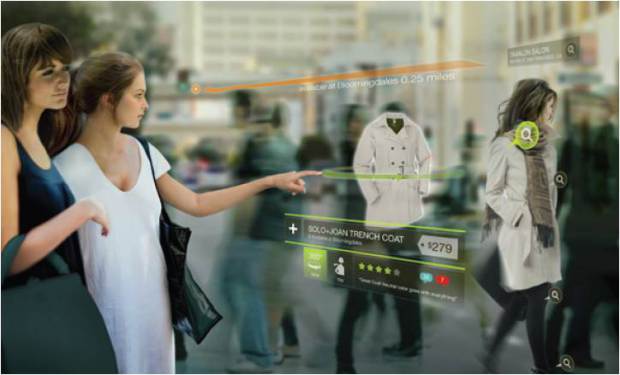
There has been a lot of attention given in this blog and elsewhere to this idea of marketing becoming more "scientific." And for good reason - because it's actually happening. It's all about big data, digitization, the importance of search, the empowered (social) consumer, the Internet of Things, and how







